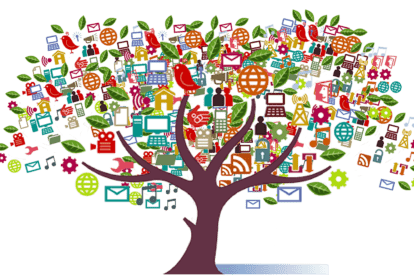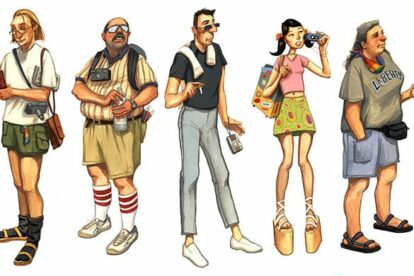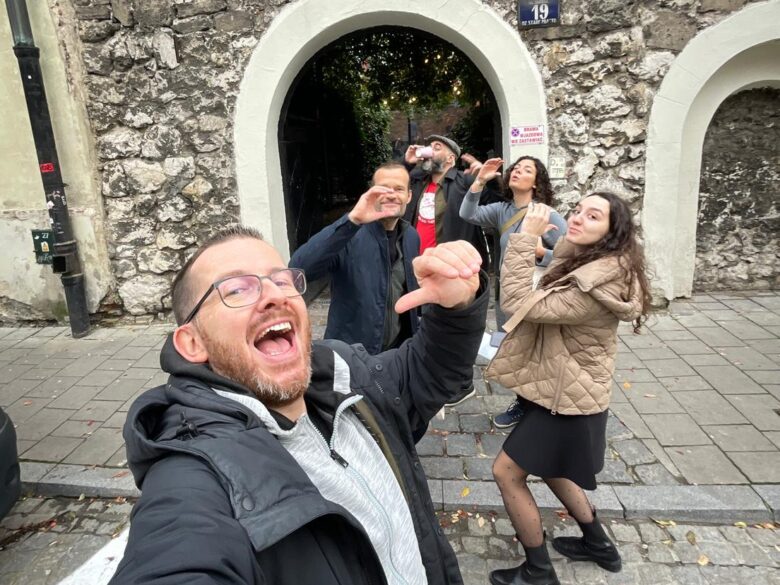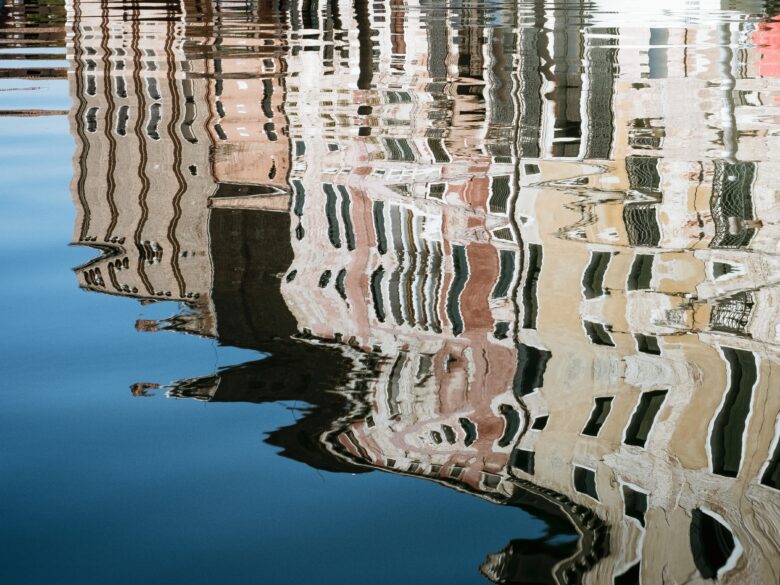
Image by inm.ie
Are you interested in travelling and exploring places the ‘local way’? So are we, in fact, that’s really what we’re all about. What drives us in our desire to see places ‘through the eyes of the locals’, is it a search for authenticity? ICT (information and communication technology) makes travel easier, but to what extent? After all, why are we travelling in the first place?What are the ways in which electronic word of mouth (e-WOM) can alter the travel experience? All intriguing questions really…
In order to find out more about these interesting topics, we decided to collaborate with Jacqueline Schoneveld from Utrecht University, who wrote a master’s thesis exploring the motivations behind this desire to explore cities like a local and the ways in which e-WOM can alter the travel experience. Although her study focused mostly on the city Utrecht, we believe that the findings are quite interesting.
As tourists in a foreign city, a lot of us find ourselves stuck when it comes to really getting in deep and exploring the local culture. Sure, having a classic guidebook will help with getting around, seeing the main highlights that a city might have to offer and finding some places to eat/drink. But in today’s fast moving world where it is so easy to get around for so many of us, a noticeable proportion of travellers are becoming dissatisfied with the idea of doing and seeing the same things as ‘everyone else’ and relying on printed guidebooks that often are out of date. Another aspect could be that an increasing number of travellers are growing steadily annoyed with being labeled as ‘tourists’ and see the term ‘tourist’ as having negative connotations.

Source: blog.rentini.com
Even ‘independent mass tourists’ nowadays are trying to find alternative spots and book their accommodation in different, less traditional ways (Airbnb, Widmu, Couchsurfing, etc.) probably because they are tired of the ordinary. But why would a tourist want to ‘see it the local way’? What’s the motivation behind that? Authenticity is possibly the main answer to that but the concept of ‘authenticity’ really is a very fuzzy one. As Jacqueline points out, within the tourism literature, ‘authenticity’ generally refers to real, genuine and honest characteristics. On top of that, growing interest in sustainability in tourism, the trend or hype of ‘getting off the beaten track’ coupled with the desire of being ‘different’ that many (especially Millennials) could also be seen as driving factors behind the increase in ‘local travel’.
The ‘local travel tourist’ seeks to know the daily life of a local as they travel. They want to get ‘back stage’, focusing on making the experience a more memorable and unique one. What they don’t want is to be superficial and adhere to the ‘front stage’ of a culture, so instead they seek to go deeper than that. According to Jacqueline, these what these ‘local travel tourists’ do whilst travelling is more and more related to what they do at home in their daily lives but instead of accepting ‘representations of reality’ (staged authenticity), they keep on searching for genuine experiences.
Can an e-WOM platform help potential visitors to experience a city the ‘local way’? As Jacqueline’s study suggests, the use of e-WOM as an information source in tourism can contribute to the ability of international tourists to experience the city like a local to a certain extent. However, by making information easily accessible on the Internet, this information seems ‘less local and authentic’ in the eyes of ‘local travel tourists’ who actually prefers face-to-face contact with locals (Word of Mouth). And that brings about the issue of trustworthiness.
So how trustworthy can information from a random local can be? And this is where we come into the picture, by being ‘personal’ and in contact with actual locals. We do all the hard work of getting to actually know the locals that spot places for us, so that you don’t have to! We meet up with them, talk with them, and get all the inside information and then share it – easy and authentic. To us the local experience is all that counts, so this is how we are using e-WOM, as a tool of providing the potential ‘local travel tourists’ with the inside info needed for the meaningful experiences they are searching.

![10 Unique Flea Markets in Europe [2024 Update!]](https://www.spottedbylocals.com/wp-content/uploads/midnightbazar-munich-by-ayla-amschlinger.jpg)




